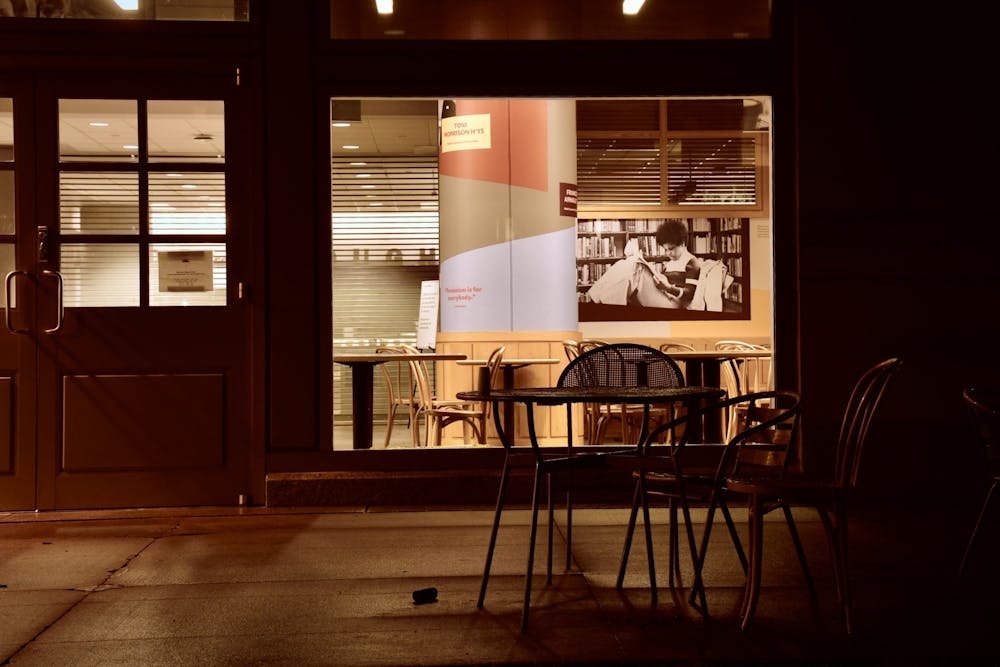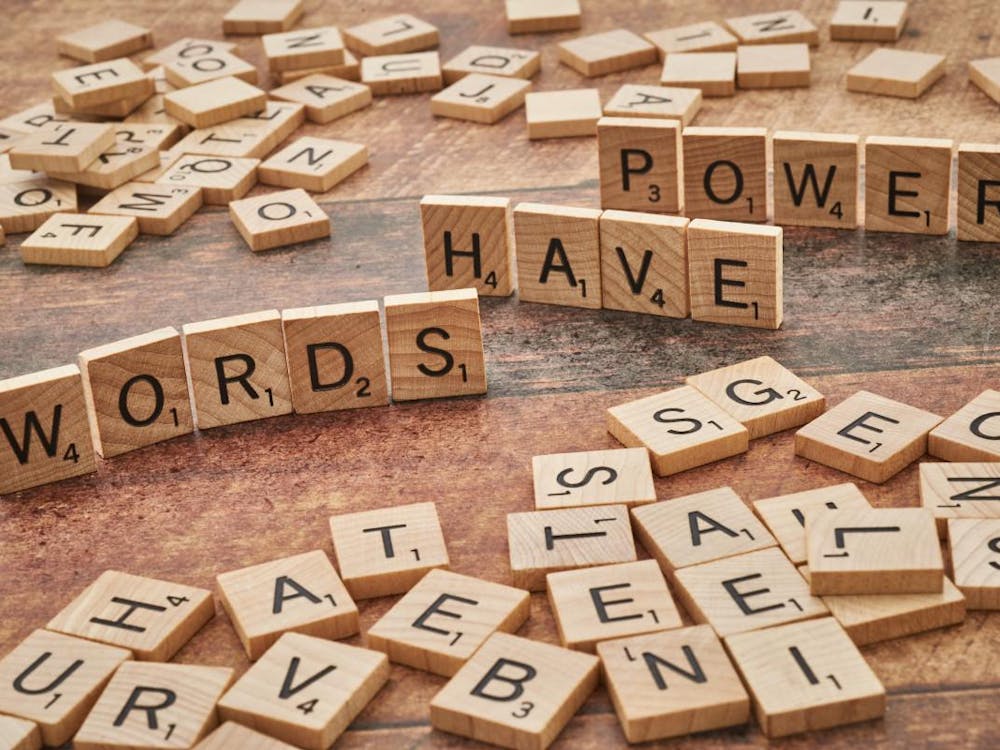Content Warning: Mentions of mental illness, risk of suicide
I returned to Princeton for the spring semester full of excitement at the prospect of seeing friends and campus for the first time since March. I did, however, have my reservations about returning to a densely populated campus in the midst of a pandemic.
These reservations have somewhat dissipated as it becomes clear that while over half the student body returned to campus, promoting the physical health and emotional well-being of the student body is a priority for the University this semester. Between twice-weekly asymptomatic COVID-19 testing, daily symptom checks and an in-depth contact tracing protocol, the University has meticulously developed a plan to slow the spread of the COVID-19 and to promote the physical health of the Princeton community.
In light of these efforts, I found myself more concerned about the mental and emotional health of the community than the spread of COVID-19 itself. We must acknowledge that the social isolation necessitated by such comprehensive safety measures can and does pose a significant risk for the mental health of students.
Mental health is an often neglected topic on Princeton’s campus, and increased social isolation only adds an additional strain. In a normal year, balancing mental health with Princeton’s rigorous academic demands, intense social culture, and competitive extracurriculars can be challenging. On top of that, the added health, financial, familial, and social stressors that accompany living through what is so often referred to as “unprecedented times” can exacerbate struggles with mental health. Students are dealing with the illness and loss of loved ones to COVID-19, the financial strains associated with the economic fallout and mass unemployment associated with the pandemic, and the social isolation of staying six feet apart from friends and loved ones. Too often, meeting the competing demands of Princeton and COVID-19 comes at the cost of mental health.
First-years are particularly vulnerable to and affected by these additional stressors as they adjust to a brand new environment and attempt to become acquainted with their peers from six feet away. Now more than ever, it is crucial to prioritize mental and emotional health in addition to efforts to stop the spread of COVID-19.
As one first-year explained on the popular Princeton Facebook group, Tiger Confessions #, “The more I think about going to campus, the more sad and lonely it seems … it’s hard to see how I can even meet anyone on campus and it feels like I’ll spend the entire semester alone in my room.” This sentiment is not uncommon. Variants of phrases including “mental health,” “lonely,” and “stress” were mentioned on the Tiger Confessions # platform more than 50 times during the two-week Arrival Quarantine period alone.
Research shows that social isolation and loneliness often exacerbates mental health concerns including substance abuse, depression, anxiety, and risk of suicide, among others. Thus, it is crucial to acknowledge and reckon with the legitimate risks associated with prolonged social isolation and the adjustment to the “new normal” at Princeton.
Efforts to acknowledge mental health cannot stop at self-care routines or occasional emails with links to the Counseling and Psychological Services (CPS) website. Community care requires active efforts to promote mental health, continuous understanding, and empathy on all fronts. Despite being in the third semester of virtual learning and better adjusted to this “new normal,” the external demands of these “unprecedented times” have not suddenly disappeared. Thousands of Americans are still dying from COVID-19 each day. The external stressors and collective trauma tied to the pandemic remain, even now, almost a year after the pandemic began.
Importantly, feelings of isolation cannot become an excuse for irresponsible behavior. The priority here is keeping the University community safe.
If we are to wholly care for the Princeton community, everyone needs to step up, both in stopping the spread of COVID-19 and in promoting mental health and well-being. Instructors must be reasonable in their expectations of students and understand competing personal demands and stressors. Administrators must work to make access to mental health services more accessible for community members, especially those who do not have the immediate support of CPS. The University must equip students with the tools to look out for one another and to recognize the signs of withdrawal and mental distress in their peers. Students must be empathetic and willing to take steps to promote both the mental and physical health of our community.
Most importantly, we must all be willing to speak up when we are in need of help. It is crucial to remind one another that we are not alone. The pandemic is often at the center of our attention, as it should be, but this attention should not come at the expense of our mental and emotional health.

Hannah Reynolds is a junior in the Anthropology Department. She can be reached at hannahr@princeton.edu.
Editor’s Note: If you or someone you know are a Princeton student experiencing distress at this time, resources are available, including:
- Counseling and Psychological Services (CPS): Call (609) 258-3141. An on-call counselor is available every day after hours.
- CONTACT of Mercer County: Call (609) 896-2120 or (609) 585-2244.
- Princeton Peer Nightline: Contact information and hours available here.
- Suicide Prevention Lifeline: Call 1 (800) 273-8255.








